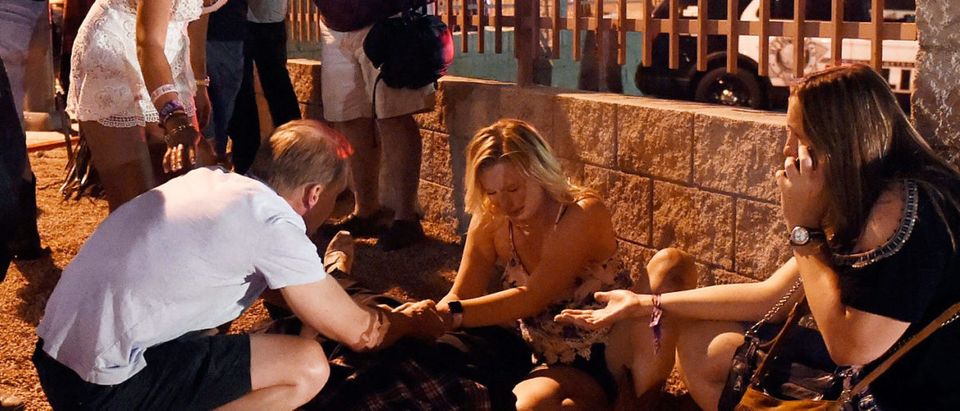Watching the Vegas panic-stricken spectators running in all directions reminded me of the 9/11 response on Capitol Hill. Bluntly, the Capitol Hill police and others had never anticipated a mass attack on Washington. Thus, Hill staffers randomly left their buildings. Many walked towards the U.S. Capitol – a possible target of the plane that went down in Shanksville, Pennsylvania! The lesson: getting people out of a danger zone in an orderly way is an essential part of security procedures.
With the disorder following the first shots at the Vegas concert audience, the shooter (with a cache of weapons in his hotel room plus a high-powered sight), continued to kill people who were in his target zone. Why were there people in the target zone after the first shots? Because event security did not clear the zone immediately.
On 9/11, I was working in one of the House office buildings; although people were not panicked (e.g., screaming), they were confused. Some opted for an early lunch at one of the nearby cafés.
Had the U.S. Capitol building been a terrorist target that day, we would have been dead, including those cappuccino drinkers.
Fortunately, the Capitol Police took a hard look at this new threat and revamped their evacuation procedures. Step One was moving people promptly out of the buildings to evacuation points located away from the Capitol building.
Further, the House Administration Committee made structural changes so office buildings were easier to exit and less vulnerable to explosions.
While I’m an economist, not a law enforcement or security specialist, I learned a few things from my late father, a World War II veteran. One such was how shooter has a hot zone – a range where he concentrates his bullets.
This applies to mass venues such as the Vegas concert. The shooter in 32nd floor hotel room had a hot zone. Admittedly, the zone was wide, considering his location.
Nevertheless, had the concert area been cleared quickly – emptying the hot zone – fewer people likely would have died.
There’s no use in longing for the days when mass concerts were relaxed events. It’s also no use in longing for an America where people with emotional or mental problems don’t or can’t fill their garages or storage spaces with guns.
As my father would have advised, you have to deal with the situation as it is, not as you would like it to be. As a U.S. Army soldier (3rd Division) who fought in North Africa, Italy, France and Germany, he knew a thing or two about survival in hot zones.
A mass concert, rally, starting line of a famous marathon – any place where hundreds of people gather is a hot zone. We may not like it, but this is the situation we face today.
Perspectives expressed in op-eds are not those of The Daily Caller.


